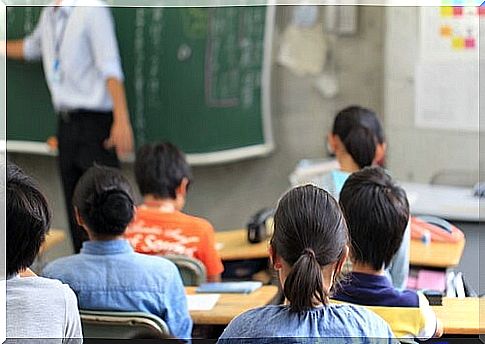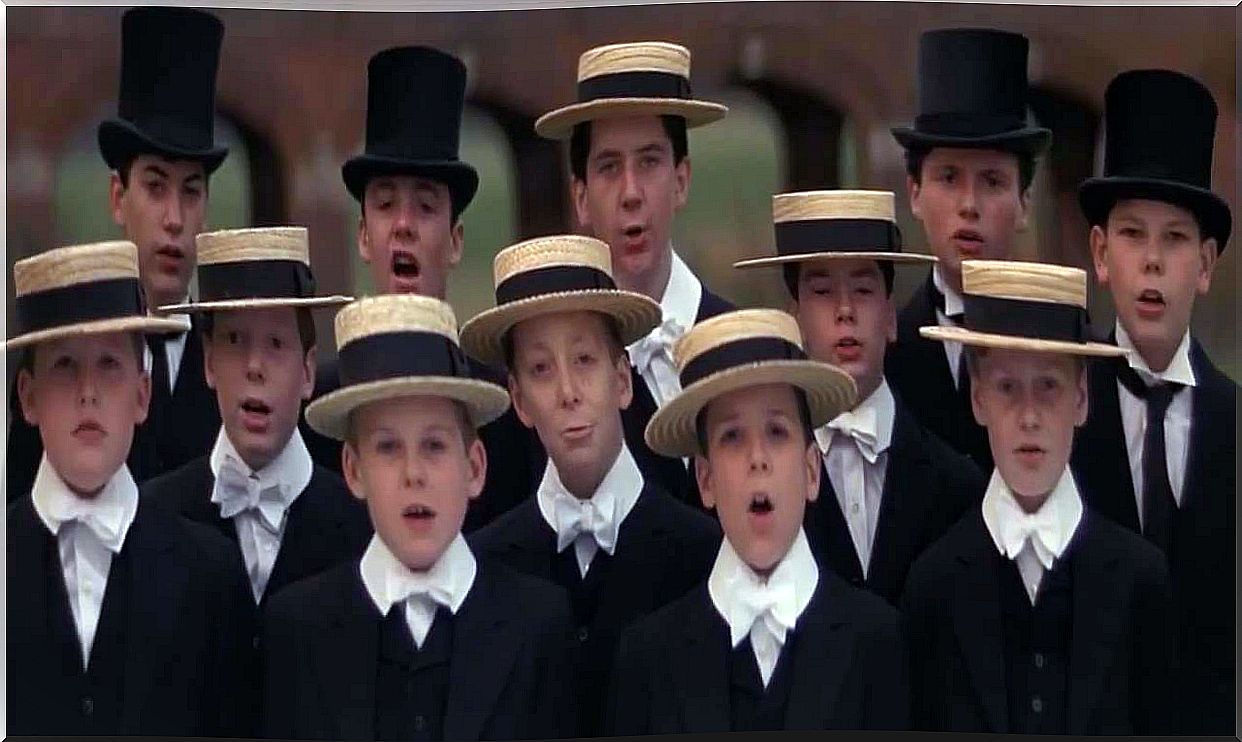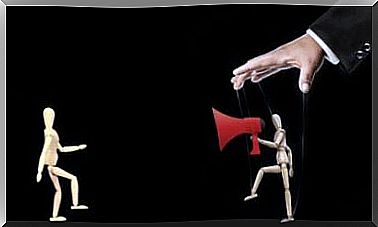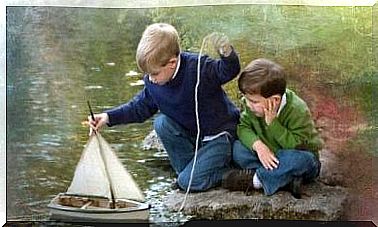Another Brick In The Wall Of Education

Composer Roger Waters, a founding member of the famous British group Pink Floyd, drew on his personal experience to write one of the most representative and listened to songs of all time. I’m talking about “Another Brick In The Wall”, whose translation would be: “Another brick in the wall”.
Rogers Waters composed “Another Brick In The Wall” with the intention of criticizing the educational system. The song tells us about the seriousness, resentment and sadness of the classes in the school classroom, the abuse of the authority of the teachers and the little margin that students have to develop their full potential.
We analyze the lyrics of the song “Another Brick In The Wall”, a masterpiece that contains very valuable and interesting reflections so that we can do a work of conscience. One more brick in the wall represents an education that oppresses, limits our potential and slows down the development of our creativity, so that we learn not to think for ourselves.
We don’t need them to control our thoughts
Many eminences in the field of education, such as Noam Chomsky, Ken Robinson, and Howard Gardner, are critical of and show widespread discontent with the education that exists today. They think that far from evolving, it has become more controlling: less flexible and more dictatorial.
All these authors agree on the fact that education has become a factory of individuals who are taught not to question or think on their own. This sad reality is the current basis of education. That’s why Ken Robinson talks about how schools are killing creativity.
Determining what we should think and how they are frustrating our creativity, our critical and reasoning skills. This prevents us from making our own decisions, based on our values, which may go against those imposed by the system. For the educational system, teaching us not to think is the best way to generate mass automata that do not rebel and are productive. In short, it is the best way to have people who do not “give problems.”
We don’t need “no education”
The “no education” is the lack of understanding about what we need to develop as free individuals. Not taking into account our individuality, potential and needs. Systematized mass education is not capable of respecting or valuing the individual, since they are treated as just another number, regardless of their identity.
Not all people have the same interests, we do not learn in the same way and we do not have the same rhythms and capacities. That is why it is based on general premises, without taking into account the individual and this, naturally, causes demotivation, disappointment and frustration in students.
We need values and respect
Our society is in turn a product of the education we have received. That is why it is so important to create an educational system that moves away from political and economic interests, that is more humane and is interested in the needs of the group of people that make up society.
That cultivates the memory, but also the emotions. Let him talk about geography, but also that the people who suffer are not as far from us as we think. Ask him questions and show that many of the questions do not have a single answer.

Educating in values means giving our children the opportunity to learn to love each other, to respect each other and, above all, to motivate themselves and strive for what they believe in. Betting on their own personal growth and development, for their own well-being and care. In short, let them take responsibility for their own lives without being tied to dependency and addictions.
An ideal educational model
There are exemplary educational models in the world. U n of this is that of Finland, which has been cataloged as one of the best in the world. What is your methodology? What has guaranteed your success?
To answer these questions, we must start by emphasizing that in Finland school teachers do not transmit information, they teach how to think. The methodology has left behind the typical memorizations of the educational system of the Enlightenment and emphasizes the development of curiosity, creativity and experimentation.
For their part, the classes are far from being masterful and one-way. Instead, it is a space where the opportunity for open debate between students and teachers is opened.
Finnish teachers work a lot in groups with their students, seeking feedback from them and conducting participatory classes, where the atmosphere is relaxed and tolerant.
In addition, each school has autonomy to organize its study program. The autonomy of the schools is framed within a system in which education is conceived as something free and equal for all. The children have access to similar educational centers and do not pay for the material.
In this way, schools provide books, computers and even food. Educational planning is agreed between teachers and students. The adolescents give their opinion on the teachers’ proposals, inform about their interests and participate in the organization of the course.
That said, we see the possibility of creating an educational system that is accessible to all, and that fosters the creativity and individuality of all students. Finland would be an excellent example for those societies whose education is not the most suitable.









